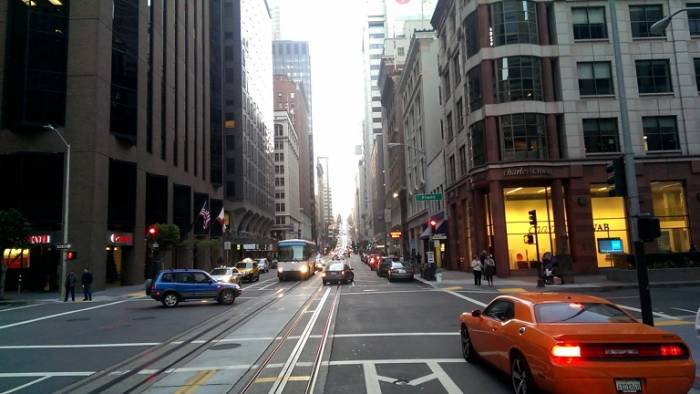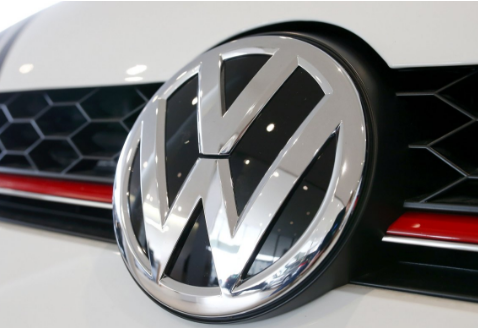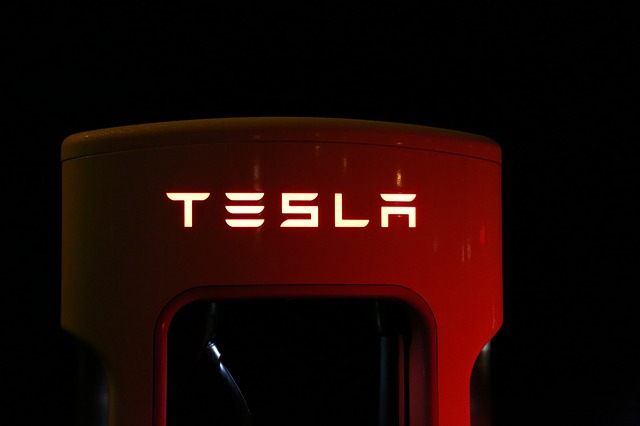Now Reading: Automakers say U.S. fuel economy standards are not realistic
-
01
Automakers say U.S. fuel economy standards are not realistic
Automakers say U.S. fuel economy standards are not realistic

Automaker trade groups informed U.S. regulators they need to revise fuel efficiency mandates authorized in the final weeks of the Obama administration as the costs would be difficult and the standards do not reflect how low-cost gas prices are impacting consumer demand, but they stopped short of requesting for a particular reduction in the requirements for 2025.
The comments to the Environmental Protection Agency (EPA) and the National Highway Traffic Safety Administration (NHTSA) established the next round in a fight between automakers and the state of California and environmental groups, which refute any retreat from limits to greenhouse gas emissions.
Automakers seek modifications that would make it simpler for them to adhere to fuel economy standards, consisting of flexibility in the use of a system of credits under the program.
Automakers have to satisfy parallel fuel economy standards managed by the NHTSA and automobile emissions limits controlled by the EPA.
President Donald Trump has promoted deregulation, saying it is needed to promote financial growth. In March he informed auto workers, “We are going to ensure that any regulations we have secure and defend your jobs, your factories.”
The Alliance of Automobile Manufacturers, a trade group representing General Motors, Toyota Motor, Volkswagen and others, stated the EPA downplayed the expenses of technologies needed to meet the 2025 requirements.
The Obama administration settled rules in 2012 to double the fleetwide average fuel economy to 54.5 mpg by 2025, however the EPA revised it to 51.4 mpg based upon an increasing number of trucks. The EPA stated that would lead to a real world average of 36 mpg by 2025, as credits automakers receive and distinctions in test procedures versus real-world driving.
Automakers achieve credits by producing cars that surpass the requirements in a given year– and can then use credits to deficits in future years. They also achieve credits for air conditioning improvements, developing electric automobiles and other enhancements that may not be recorded in testing procedures.
Stay Informed With the Latest & Most Important News
Previous Post
Next Post
-
 01Polestar Boss Says It’s Time To Outrun BMW M And Mercedes-AMG
01Polestar Boss Says It’s Time To Outrun BMW M And Mercedes-AMG -
 02Spy Shots: 2027 Mitsubishi Pajero Spotted in Testing Ahead of Possible U.S. Return
02Spy Shots: 2027 Mitsubishi Pajero Spotted in Testing Ahead of Possible U.S. Return -
 032026 Toyota Hilux EV: A Powerful Truck with Silent Torque
032026 Toyota Hilux EV: A Powerful Truck with Silent Torque -
 042026 Corvette ZR1 Production Surges Past Expectations as Output Clears 1,000 Units
042026 Corvette ZR1 Production Surges Past Expectations as Output Clears 1,000 Units -
![2027 Mercedes-Benz S-Class Debuts with V8 Engine [Photo Gallery]](https://speedlux.com/wp-content/uploads/2026/01/2027-Mercedes-Benz-S-Class-33-155x125.jpg) 052027 Mercedes-Benz S-Class Debuts with V8 Engine [Photo Gallery]
052027 Mercedes-Benz S-Class Debuts with V8 Engine [Photo Gallery] -
 06Spy Photos: VW ID. Polo GTI Goes Electric with 223 HP and 280 Miles of Range
06Spy Photos: VW ID. Polo GTI Goes Electric with 223 HP and 280 Miles of Range -
 07Hyundai Palisade’s Breakout Year Shows How Quickly the Market Can Turn
07Hyundai Palisade’s Breakout Year Shows How Quickly the Market Can Turn



![2027 Mercedes-Benz S-Class Debuts with V8 Engine [Photo Gallery]](https://speedlux.com/wp-content/uploads/2026/01/2027-Mercedes-Benz-S-Class-33-700x394.jpg)












































